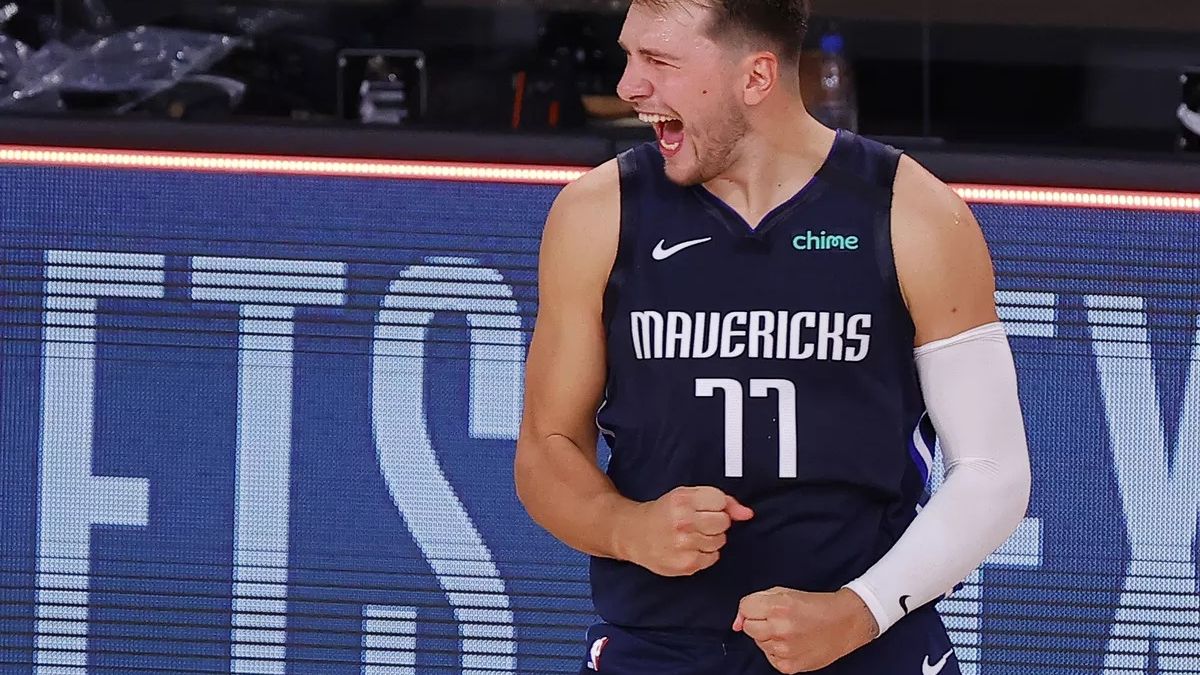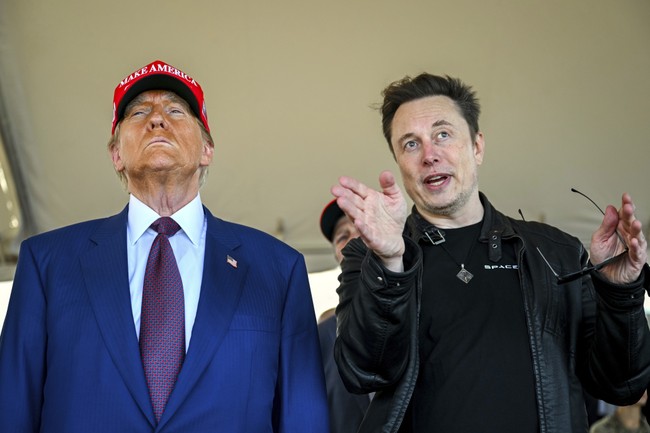How Saints Played a Role in Church Scandal Crisis
Discover the unexpected involvement of an NFL team in managing a major crisis within the Catholic Church, through a revealing exchange of hundreds of emails.
Published February 04, 2025 - 00:02am

Image recovered from inquirer.com
In an unfolding scandal that extends beyond sports, the New Orleans Saints, an NFL franchise, has come under scrutiny for its involvement in the Catholic Church's clergy abuse crisis. Recently unearthed internal emails reveal that top executives of the Saints played a significant, previously unknown role in orchestrating a public relations campaign to mitigate the fallout from these allegations.
The email trove, obtained by the Associated Press and other media, details a comprehensive crisis-communications initiative spearheaded by the Saints' President, Dennis Lauscha, and Senior Vice President of Communications, Greg Bensel. This initiative included drafting talking points for Archbishop Gregory Aymond of New Orleans, preparing him for media questions as he released a list of priests accused of abuse. The church's list, originally consisting of 67 names, eventually swelled to over 80, prompting more than 600 abuse claims and forcing the archdiocese into federal bankruptcy by May 2020.
Further controversy arises from reports suggesting that then-Orleans Parish District Attorney Leon Cannizzaro participated in calls that allowed for certain names to be omitted from the list of accused clergy. Both the Saints and Cannizzaro deny any involvement in modifying this list, despite emails implying otherwise. The Saints' organization has since distanced itself from this episode, claiming no employee had a hand in determining who appeared on the lists.
The Saints' intervention in the matter was driven partly by Gayle Benson, the team owner and a devout Catholic, who shares a close relationship with Archbishop Aymond. Public scrutiny intensified as it was revealed that Bensel and his team actively engaged with local media outlets, encouraging them to support the church and expand the narrative in favor of the archdiocese's efforts to emerge from this crisis.
These revelations have provoked severe backlash, particularly from survivors of clergy abuse who once supported the Saints. Critics, including state representatives and affected individuals, have expressed their anger over the perceived complicity of a major sports franchise in assisting with damage control for such a heinous scandal. The Saints defended their motivations, suggesting that leaked emails have been misconstrued to misrepresent their intention to offer goodwill support to a community institution.
As these allegations surface, the NFL faces pressure to address the Saints' involvement, which some claim might breach the league's policy against conduct detrimental to its image. While NFL Commissioner Roger Goodell has acknowledged the team's efforts to play a supportive role, the repercussions of this revelation remain to be seen.
This incident, situated in the heavily Catholic city of New Orleans, reflects broader dynamics where significant local institutions rallied around the church during a crucial and turbulent period. Notably, U.S. District Judge Jay Zainey expressed support for the initiatives taken by the Saints and the archdiocese, further illustrating the intertwining of civic and religious entities in navigating this crisis.
The archdiocese's bankruptcy case continues, as settlement negotiations with abuse survivors reach a contentious phase. The stark contrast in compensation offers, with the church proposing $62 million against the survivors' near-billion-dollar demand, underscores the persistent struggle for justice and reconciliation in this community.





